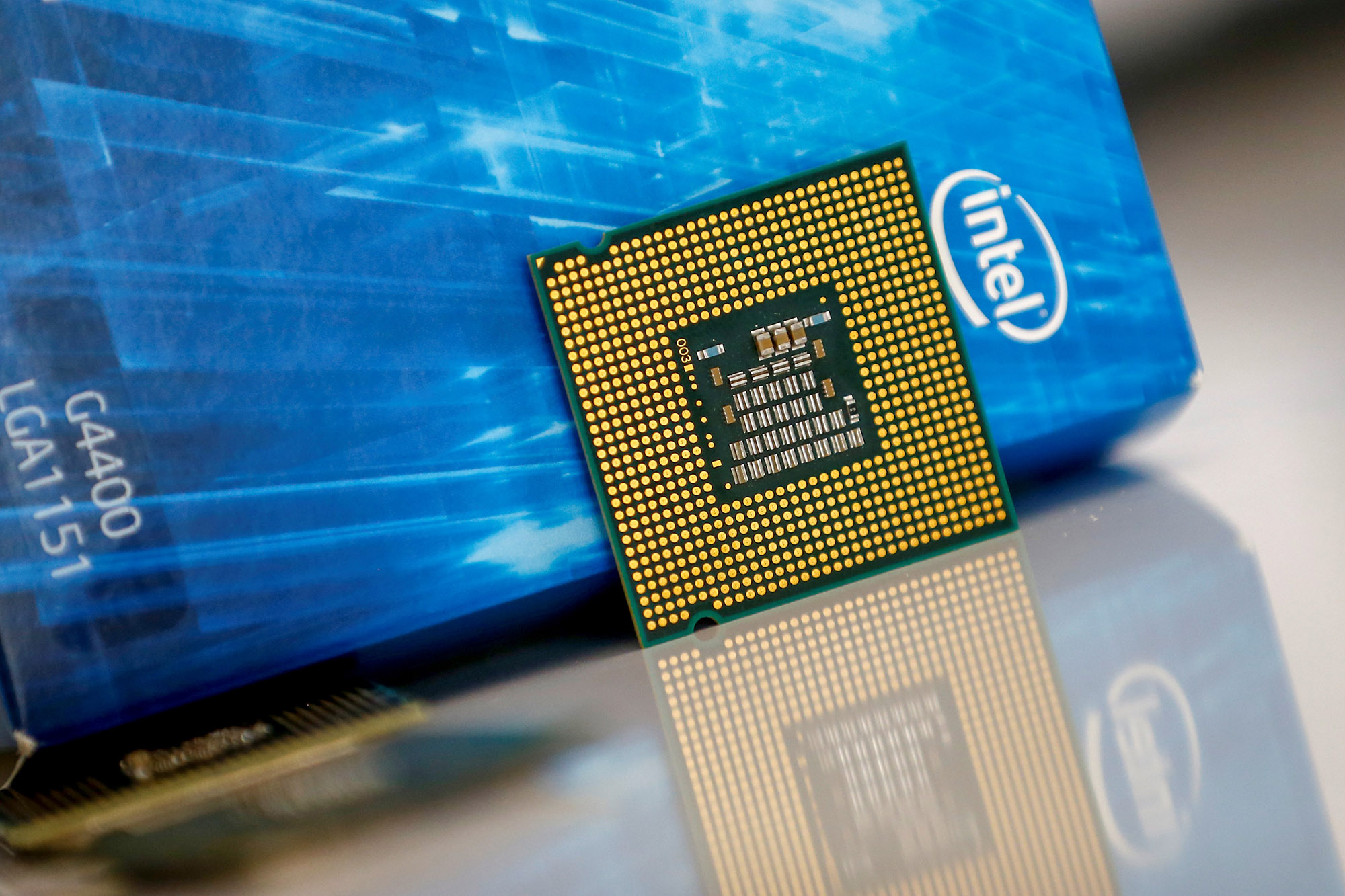Malaysia is already a vital base for packaging, assembling and testing chips for Intel. It will be even more so
By Tommaso Magrini
Intel aims to quadruple the capacity of its most advanced chip packaging services by 2025, planning to build a new plant in Malaysia. The factory under construction in Penang will be Intel's first overseas facility for advanced 3D chip packaging, what the company calls Foveros technology. The company is also building another factory for chip assembly and testing in Kulim, as part of a $7 billion expansion in the Southeast Asian nation. Malaysia will thus become Intel's largest manufacturing base for 3D chip packaging, said Robin Martin, corporate vice president for supply chain and manufacturing operations. The company did not specify when the Pengang plant will begin mass production. Intel will also use the technology for its new central processing unit (CPU) for personal computers. In the past, chip packaging was considered less crucial and less technologically demanding than chip production itself. It has emerged as a key area in the race to produce increasingly powerful chips, as the conventional approach--compressing more transistors into a smaller area--becomes increasingly difficult. According to Yole Intelligence, the market for advanced chip packaging services was worth $44.3 billion in 2022 and is expected to grow at a compound annual rate of 10.6 percent from 2022 to reach $78.6 billion by 2028. Malaysia is already a vital base for chip packaging, assembly and testing for Intel, which employs 15,000 people in the country, including 6,000 in its chip design center. The development confirms and fortifies Kuala Lumpur's ambitions to become a major regional hub for Southeast Asia for semiconductor manufacturing.






